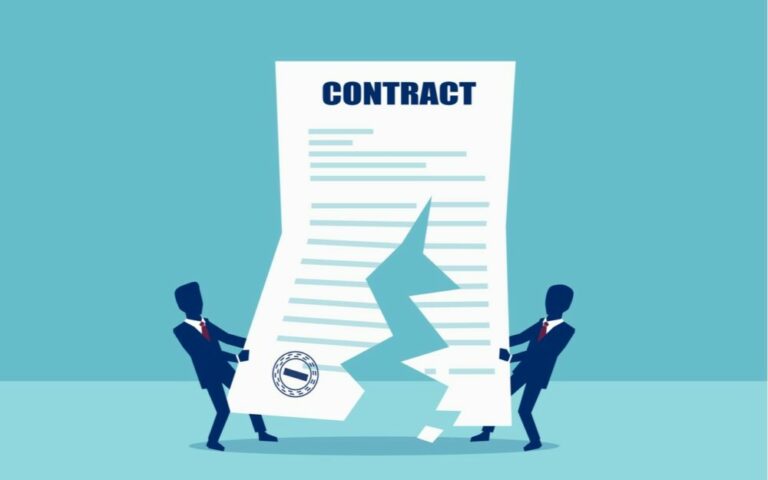Legal Tips for Supervising Physicians of Advanced Practice Providers (NPs/PAs)
The healthcare field is changing, and we’re relying more on advanced practice providers (APPs), like nurse practitioners (NPs) and physician assistants (PAs), because there’s a growing need for healthcare services. While teaming up with doctors has its benefits, it also means that partnership comes with a certain set of legal implications and responsibilities for the supervising physicians.
Exploring Legal Aspects for Supervising Physicians:
- Compliance with State Laws:
- Supervising Physicians must comply with state laws governing APPs’ scope of practice, supervision, and collaboration agreements to avoid legal issues.
- Collaborative/Supervisory Agreements:
- Many states mandate written agreements outlining the APP-physician relationship, detailing practice extent and responsibilities. Legal counsel is crucial in creating comprehensive agreements.
- Scope of Practice:
- Supervising physicians need to clearly define and understand APPs’ scope of practice, ensuring delegated tasks align with their abilities to avoid legal consequences.
- Adequate Supervision:
- Effective supervision is vital for patient safety and reducing legal risks. Physicians must be available for consultation, monitor decisions, and review patient records regularly.
- Delegation of Responsibilities:
- Careful delegation, in line with state regulations, is crucial. Physicians should avoid assigning tasks beyond APPs’ abilities, as they bear ultimate responsibility for patient care.
- Liability and Malpractice:
- Supervising physicians more often than not are legally responsible for APP actions. Securing professional liability insurance covering APP supervision is essential for protection.
- Documentation:
- Detailed record-keeping of patient interactions, decisions, and consultations with APPs is crucial for legal protection, serving as evidence in disputes or malpractice claims.
- Legal Changes:
- Physicians must stay informed about changes in healthcare laws impacting APP practices, ensuring ongoing compliance.
- Continuing Education:
- Active participation in APP training and education not only improves care quality but also demonstrates due diligence in supervision, reducing legal risks.
- Seeking Legal Guidance:
- When dealing with complex legal matters, it’s wise for physicians to consult healthcare legal experts for guidance.
Conclusion:
Supervising APPs is a vital yet legally intricate responsibility. Physicians must be well-informed, follow best practices, adhere to state regulations, and seek legal counsel when needed to ensure a collaborative and legally compliant working relationship with their APPs.
If you are in need of guidance or have questions concerning a physician supervision related issue, other healthcare business legal matters or trademarks, we invite you to explore our website at Dike Law Group. To initiate a free intake discussion, please go to dorismeet.com, where you can schedule a meeting with one of our attorneys. Our services assist healthcare professionals in Texas and throughout the country.







